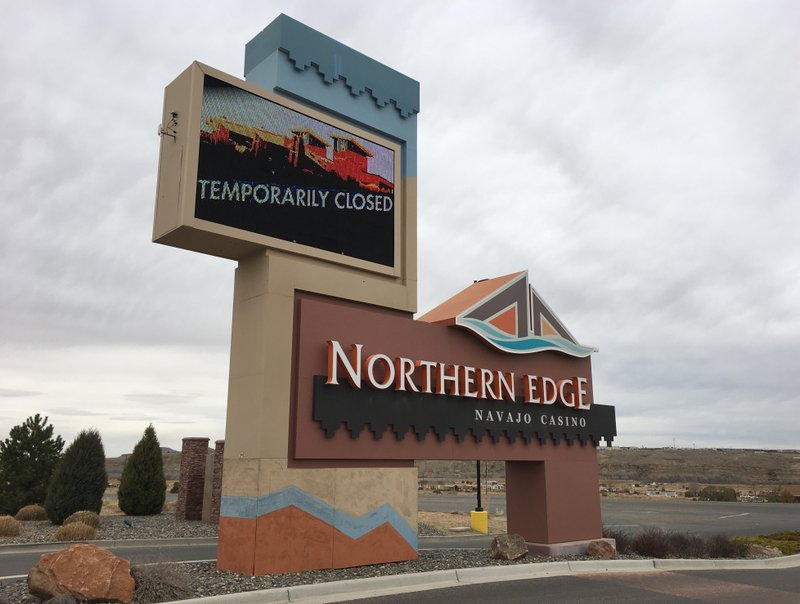FLAGSTAFF, Ariz. -- The relief bill that President Donald Trump signed Friday will help better equip health care systems that serve American Indians, improve the emergency response time on tribal lands, provide economic relief for tribal members, and help with food deliveries to low-income families and the elderly.
Tribes have been lobbying Congress to help address shortfalls in an already underfunded health care system and to ensure the federal government fulfills its obligation to them under treaties and other acts. While the $10 billion for tribes in the $2 trillion package is less than they requested, tribes say it represents progress.
"The silver lining is perhaps in the future we will have resources and the ability to really change those chronic disease trends in a meaningful way so our communities aren't impacted in such a devastating way in the future should something like this happen again," said Jerilyn Church, chief executive of the Great Plains Tribal Chairmen's Health Board.
More than $1 billion will go to the Indian Health Service, a federal agency that provides primary medical care for more than 2 million American Indians. About half of that amount will go to tribes and tribal organizations that have contracts with the federal government to run their own health care facilities.
[CORONAVIRUS: Click here for our complete coverage » arkansasonline.com/coronavirus]
The Indian Health Service didn't immediately respond to a request for comment Friday.
As of Thursday, the agency reported 110 cases of covid-19 within the facilities it operates. The number doesn't represent all cases in Indian Country because reporting by tribes and tribal organizations that receive Indian Health Service funding is voluntary.
The Navajo Nation has by far the most cases in Indian territories on its vast, 27,000-square-mile reservation in the Southwest with more than 90 confirmed cases. Tribal officials have been delivering wood and coal to tribal members while encouraging them to stay home, a difficult task considering many drive long distances for basic necessities or live without them.
Some health care clinics have closed and hospitals that serve American Indians have scaled back services to focus on the coronavirus. Like the rest of the country, they're facing severe shortages in supplies, like masks, gowns and nasal swabs. Tribes and tribal organizations had asked Congress to fund more equipment, more medical providers and temporary housing.
"As we are seeing in other states such as New York and California, the Navajo Nation will have to identify alternative facilities to house patients and, perhaps, health care workers, and provide the equipment and safeguards for protection and to prevent the further spread of COVID-19," Navajo Vice President Myron Lizer said in a statement.
Many appointments have transitioned to being done remotely through phone or video conferencing -- a cost that likely will be covered under the federal bill, said board spokesman Aren Sparck.
"It's peace of mind for our administration that all the changes we've had to make in our care that previously were unbillable might have a billing avenue," said Sparck, from the Qissanamiut Tribe of the village of Chevak in Alaska.
Tribes also will be eligible for federal loans to help pay tribal employees. Many have shut down casinos and tourism operations that serve as major sources of revenue.
The Cherokee Nation in Oklahoma has been paying 4,000 entertainment and hospitality workers despite the businesses being closed, putting a "real strain on our budget," said Principal Chief Chuck Hoskin Jr.
Information for this article was contributed by Sean Murphy of The Associated Press.
A Section on 03/29/2020

